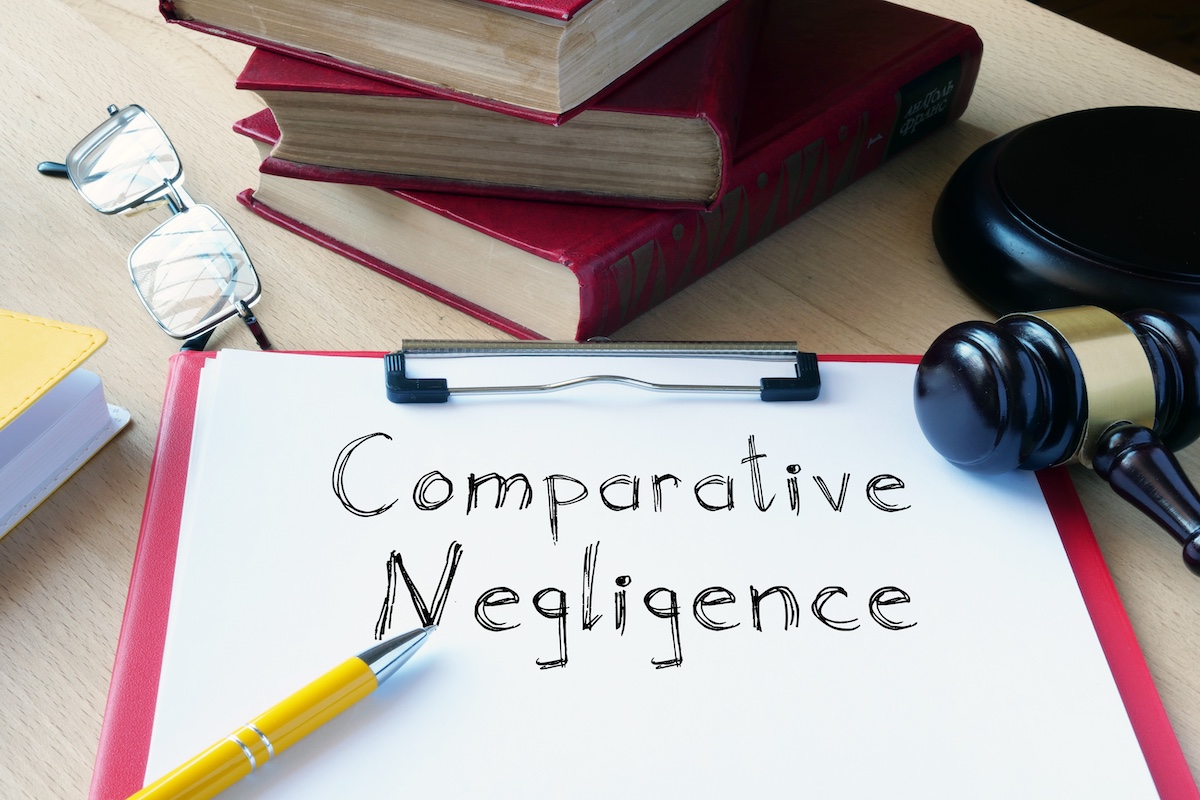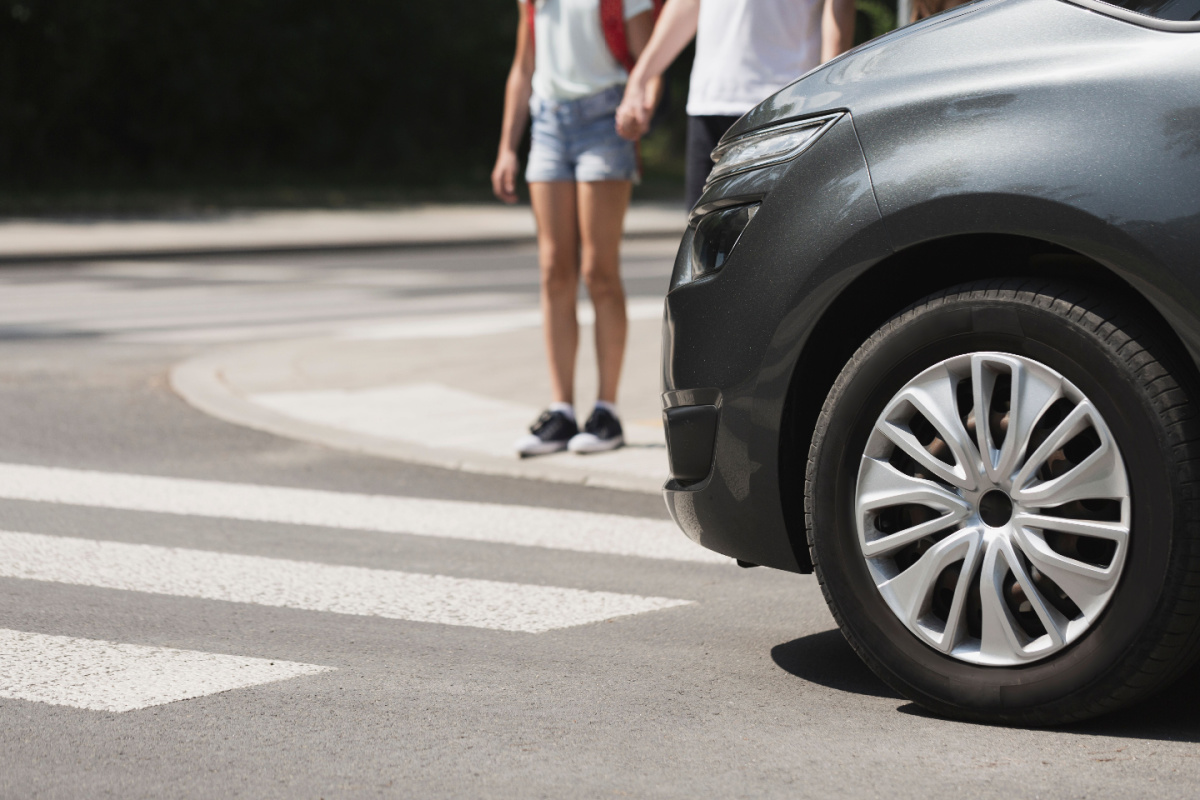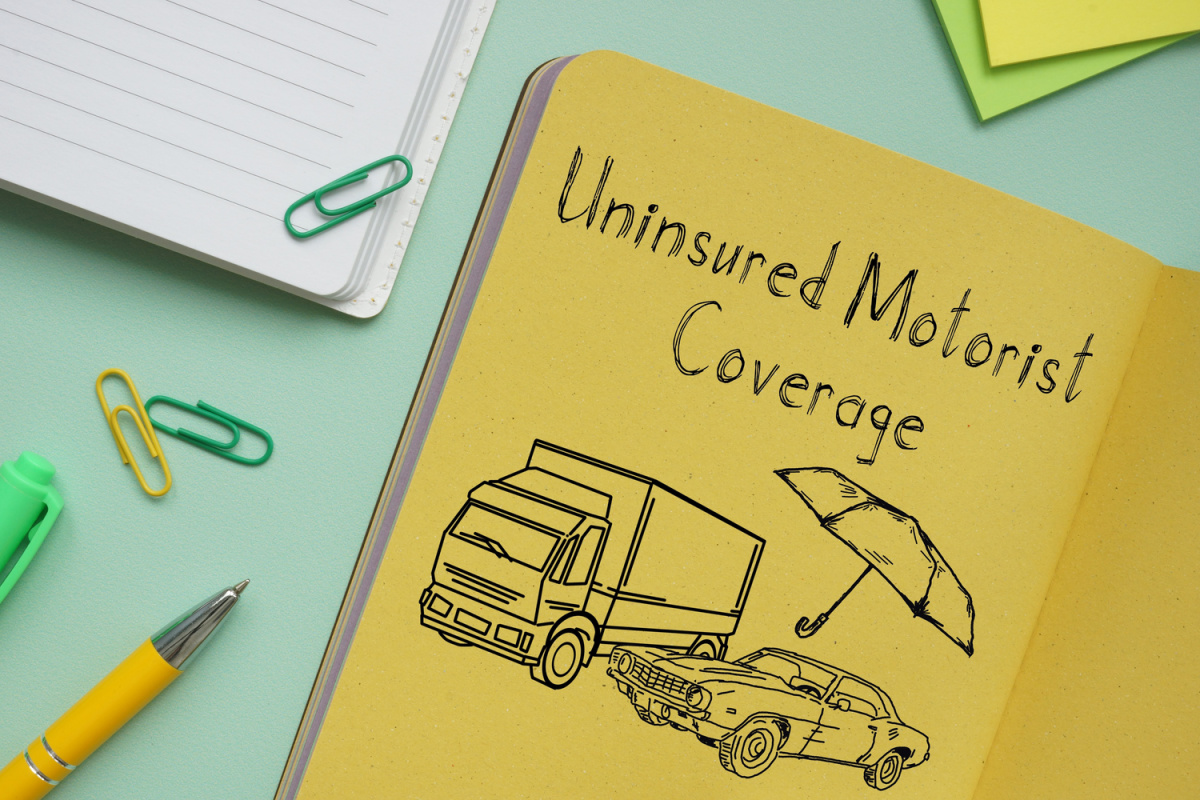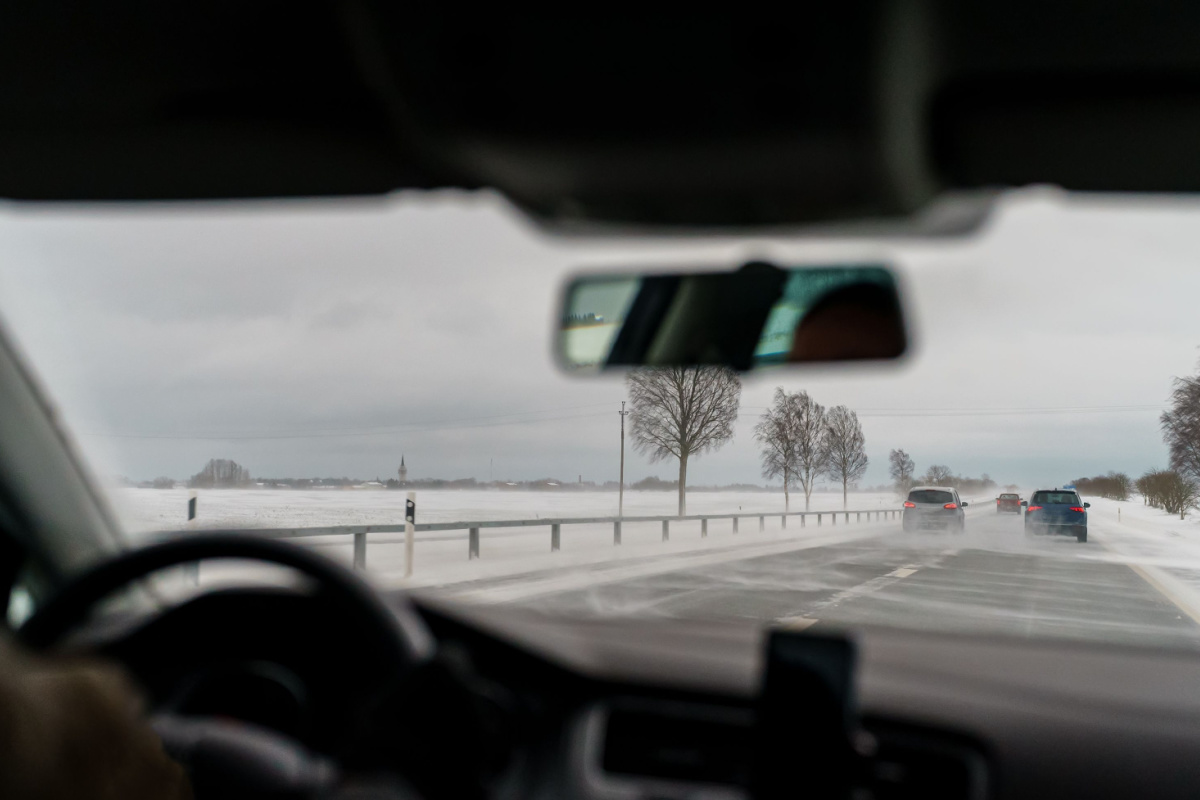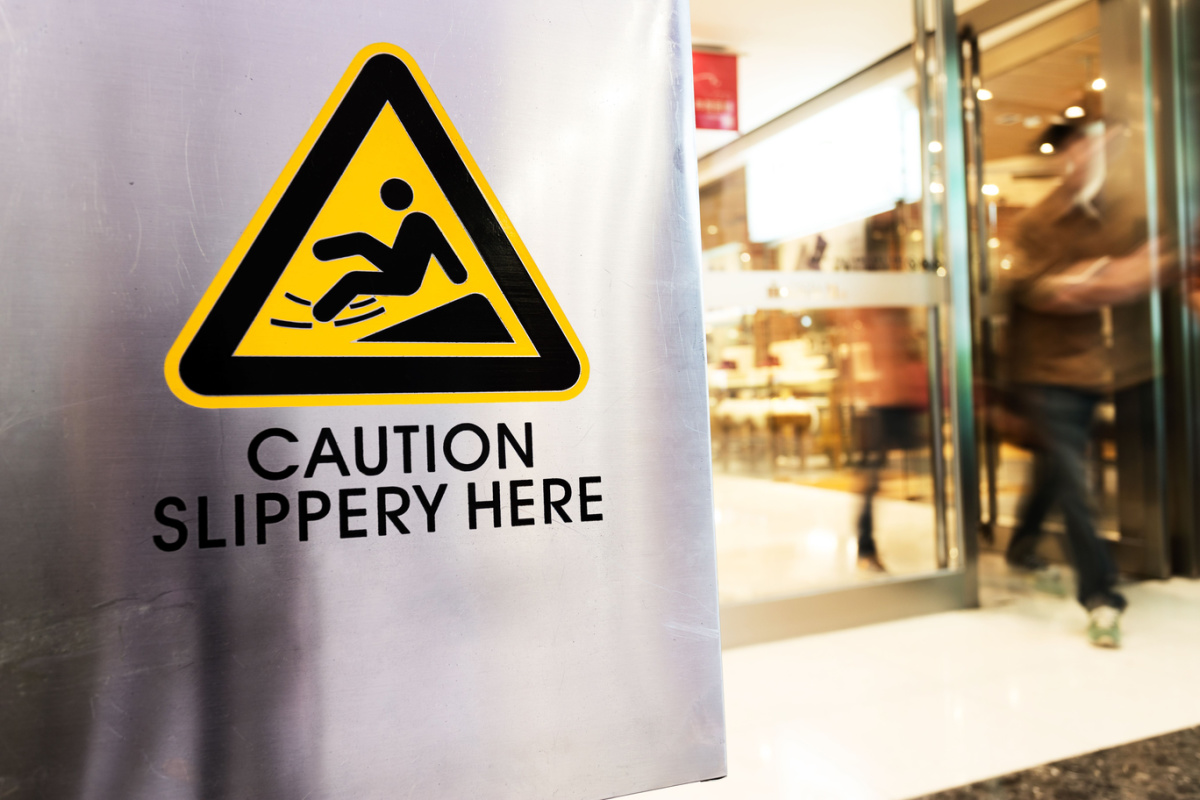
Texas Roadhouse, a restaurant in Cedar Falls, is known for its practice of serving free buckets of peanuts and allowing patrons to discard the shells on the floor. However, this wholesome gimmick turned out badly when an Iowa man filed a lawsuit in federal court after slipping and shattering his knee. The incident occurred in February 2015 when the man slipped on scattered peanut shells and debris on the restaurant’s floor. According to the lawsuit, the free snacks created hazardous conditions, worsened by the wait staff’s habit of throwing shells on the floor if they accumulated on tables.
A slip and fall accident can happen anywhere, anytime in Iowa. But when does this mishap make a property owner liable? Generally, the law says a property owner has a responsibility to keep their premises reasonably safe. That means fixing known hazards, or at least warning visitors about them. However, not every stumble and tumble holds a property owner responsible. If the individual injured was careless, or if the owner had no knowledge of the hazard, liability may not apply. To identify whether a property owner is liable, it’s important to understand the specifics of the incident, the actions or inactions of the owner, and the laws of the state of Iowa.
How Iowa’s Comparative Fault Rule Plays a Role in Slip and Fall Cases
In Iowa, the concept of comparative fault comes into play when discussing slip and fall cases. This rule, simply put, takes into account the degree to which each party is at fault for the accident. If an individual slips on a wet floor, but there was a clear sign indicating the hazard, they might share some responsibility for the fall. Under Iowa’s law, if the person injured is less than 50% at fault, they can still recover damages. However, the total amount they receive will be reduced by their percentage of the fault. For example, if they were 20% at fault and their damages amounted to $10,000, they would receive $8,000 after a 20% reduction.
Understanding ‘Reasonable’ Care: What is a Property Owner’s Duty of Care?
The phrase ‘reasonable care’ can be a bit elusive, but it’s central to understanding slip and fall cases. When someone owns property, they have a duty to make it safe for others. This is known as a ‘duty of care.’ They should fix known hazards, like broken stairs or a leak causing a slippery floor. But what’s considered ‘reasonable?’ It boils down to what a typical, cautious person would do in the same situation. If a reasonable person would have known about the danger and fixed it, but the owner didn’t, then the owner might not have provided reasonable care. Every case is unique, though, and what’s ‘reasonable’ can change based on the specifics of the situation.
Common Instances When You Can Sue a Property Owner for a Slip and Fall Accident
Slip and fall accidents can occur in various scenarios, leading to potential liability for property owners in Iowa. Common instances where individuals may have grounds to sue a property owner include:
Wet or slippery floors: If a property owner fails to address spills, leaks, or other conditions causing slippery floors and someone falls as a result, they may have a valid claim.
Inadequate lighting: Poorly lit areas can increase the risk of trips and falls. Property owners should ensure sufficient lighting to prevent accidents.
Uneven or broken surfaces: Cracked sidewalks, potholes, or uneven flooring can pose tripping hazards. If the property owner knew or should have known about these issues and failed to address them, they may be held liable.
Insufficient warning signs: If a hazardous condition exists, such as construction zones, wet floors, or uneven surfaces, property owners must provide adequate warning signs to alert visitors.
Negligent maintenance: Failure to properly maintain the premises, such as neglecting to fix broken handrails or loose carpeting, can contribute to slip and fall accidents and potential liability.
Remember, each case is unique, and liability depends on factors such as the property owner’s knowledge of the hazard and their actions or inactions in addressing it.
The Role of Negligence: How Proving Property Owner Negligence is Key to Your Case
When pursuing a slip and fall case in Iowa, proving property owner negligence plays a pivotal role in determining liability. Negligence refers to the failure to exercise reasonable care, resulting in harm to others. To establish property owner negligence, certain elements must be demonstrated. First, it must be shown that the owner owed a duty of care to the injured person. This duty is generally present when someone is lawfully on the property. Second, it must be proven that the owner breached that duty by not taking reasonable steps to prevent or address hazards. This could include failing to fix a known issue or neglecting to provide sufficient warnings. Finally, it must be established that the breach of duty directly caused the slip and fall accident and subsequent injuries.
Navigating Insurance Claims: When and How to Report a Slip and Fall Accident
Timely reporting allows individuals to pursue potential compensation for their injuries. After a slip and fall accident in Iowa, it is advisable to report the incident to the property owner or manager as soon as possible. This notification creates a record of the incident and ensures that the necessary steps are taken to address the situation. Additionally, it is important to promptly notify the insurance company of the property owner, as they may have coverage for such accidents.
The Importance of Evidence in Establishing Property Owner Liability
Evidence serves as the foundation for proving negligence and demonstrating the property owner’s responsibility for the accident. Key pieces of evidence may include photographs or videos of the accident scene, which can document hazardous conditions, such as wet floors or broken pavement. Eyewitness statements can provide valuable accounts of what transpired during the incident. Medical records detailing the injuries sustained can link them directly to the fall. Additionally, maintenance records, incident reports, and any communication exchanged with the property owner can further support the case.
Can You Sue a Government Entity for Slip and Fall Accidents in Iowa?

Slip and fall accidents involving government-owned properties in Iowa, special considerations apply. In some cases, it is possible to sue a government entity for injuries sustained due to a slip and fall. However, it is important to note that suing a government entity can be more complex compared to private property owners. Iowa law imposes certain requirements and limitations when filing a claim against the government. One such requirement is the notice requirement, which often involves providing written notice of the claim within a specific timeframe. Additionally, government entities may have immunity protection in certain circumstances.
Slip and fall accident on government property in Iowa requires a nuanced understanding of the law. Before initiating a lawsuit, it is crucial to be aware of common injury claim mistakes that could undermine your case. For instance, while construction sites are a frequent backdrop for such accidents, the causes of slips and falls in these areas are often distinct and can be found detailed at construction accidents causes. Understanding the specific nature of your accident is vital, as it can significantly influence the types of injury damages that may be pursued. Moreover, if the incident occurred in a setting such as a shopping center, it’s beneficial to know your rights when hurt shopping. Even in more unique circumstances, such as injuries sustained from a dog bite at a park, there are specific dog park safety tips that can help prevent such incidents and may be relevant to your claim. Each link provided offers valuable insights that can help you navigate the legal landscape more effectively.
If you are dealing with a slip and fall claim, contact or call us at 515-444-4000 as soon as possible for a free consultation.
Categories
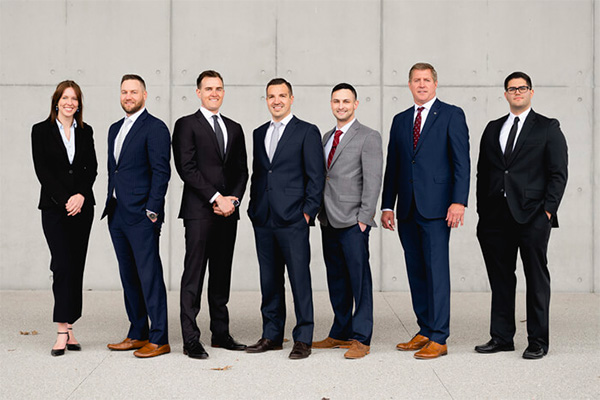
Providing Unmatched EXPERIENCE On Your Case When you find yourself in a situation where you’ve been treated unfairly or you’re in the middle of a legal disagreement, it can be difficult to know what your rights are and how to proceed.




